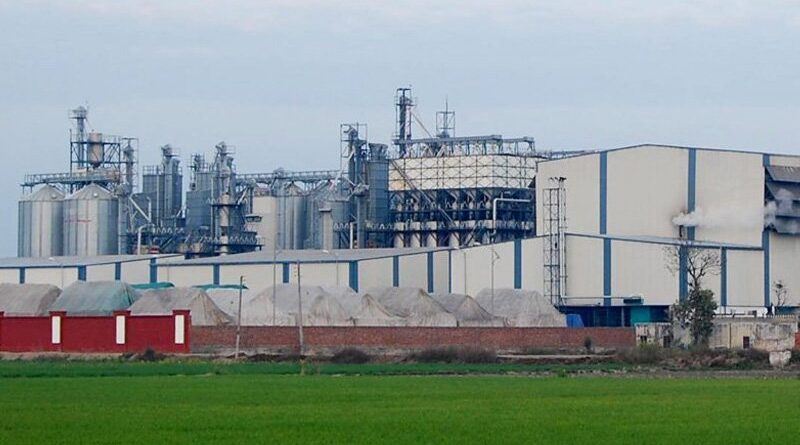3 key Punjab rice miller bodies skip dept meet
A group of rice millers, represented by three key associations, stayed away from a meeting convened by the Punjab food and civil supplies department on Tuesday for finalising the draft of custom milling policy for kharif season 2024-25, in order to highlight their pending issues, including lack of adequate storage space for rice delivery.
The rice millers are also demanding that the PR-126 variety of paddy should not be stored in the mills at all due to its inherent flaw of grain breakage. Instead, the government should take responsibility for storing the short-duration paddy variety on its own premises, following which a joint panel of Centre, state and millers should assess the quality and yield of PR-126 rice.
While some other millers’ associations attended, three prominent millers’ bodies invited by the department of food and civil supplies – Punjab Rice Industry Association led by Bharat Bhushan Binta, Rice Millers Association with Gian Chand Bhardwaj as its president and Tarsem Saini-led Punjab Millers’ Association – decided to skip the meeting.
A senior official said that a group of other rice miller bodies were represented at the meeting. “We had invited all the millers’ bodies and some of them did not turn up. There were about 40-odd representatives of millers at the meeting… It is for the first time that an exercise has been launched to take feedback for the custom milling policy and meetings have been held with millers in districts, including Patiala, Jalandhar and Ludhiana, to address their issues. We are open to listening to their concerns,” he said. “Some of the issues raised by the rice millers pertain to the Centre, including shortage of space in the godowns,” the Punjab official added.
The rice millers are also unhappy with the practice of procuring paddy with more than 17% moisture. “A wrong practice is occurring in mandis, where quality inspectors from the agency purchase high-moisture, non-standard paddy from the market. This non-standard paddy is then stored in the mills. Due to the high moisture content, the quality of rice deteriorates, resulting in substantial financial losses for the millers. We demand that the procurement of paddy should adhere to the norms set by the Centre. During the procurement process, a joint flying team should keep an eye,” said Ranjit Singh Jossan, vice-president of Punjab Rice Industry Association.
For the proposed custom milling policy, millers want that they should receive their milling bill payments immediately after milling, without any deductions. The current practice of withholding 10% should be discontinued. Also, any payments withheld from previous years’ bills should be released immediately.
This article has been republished from The Times of India.

